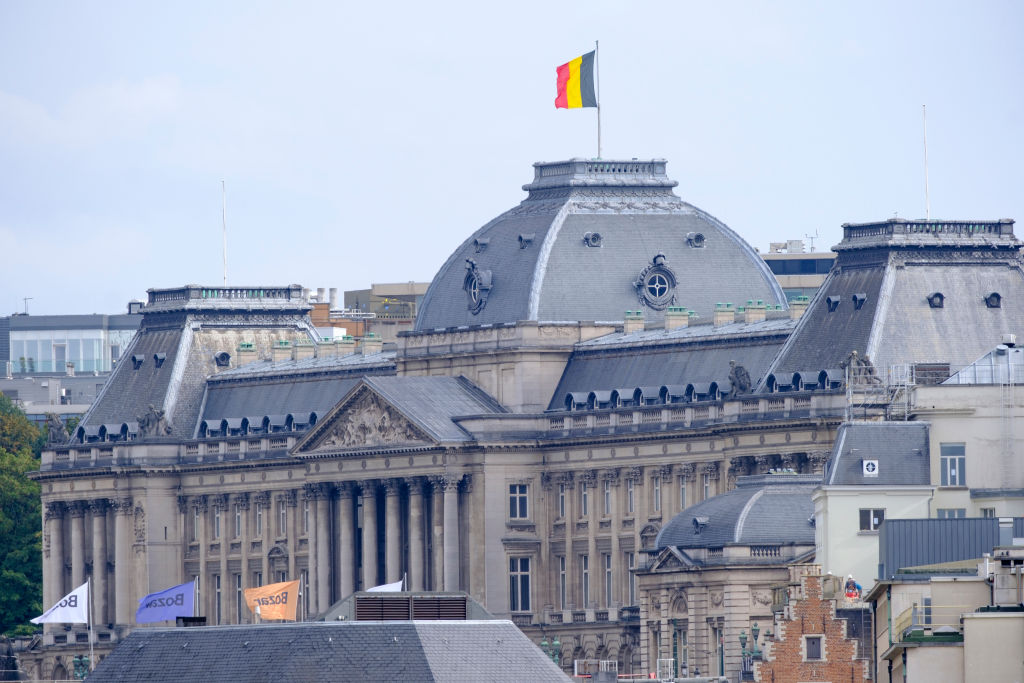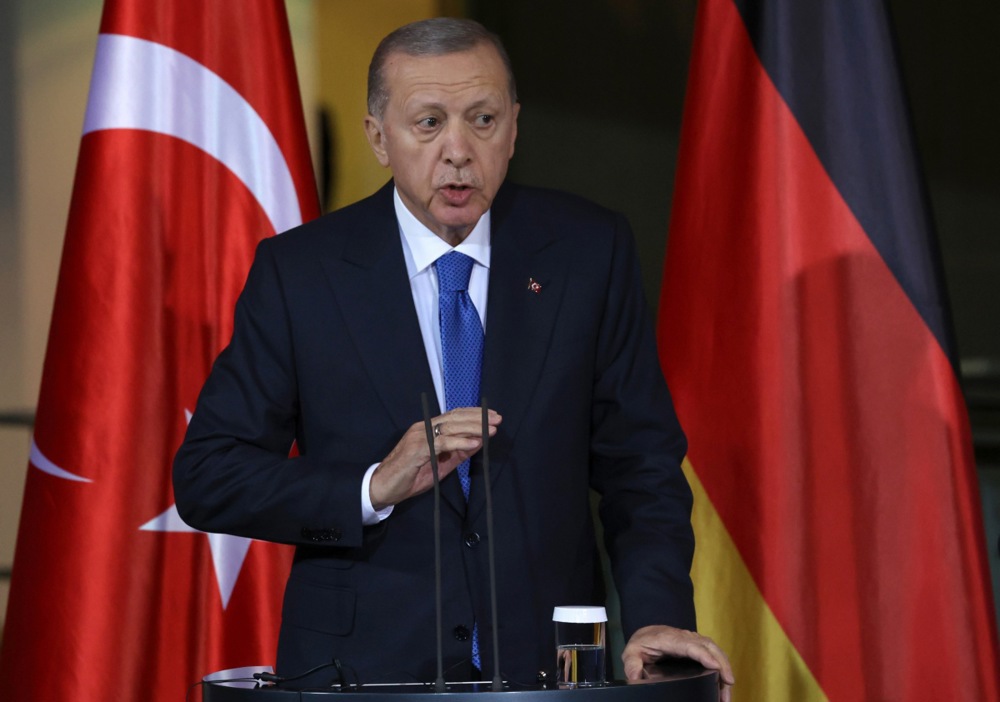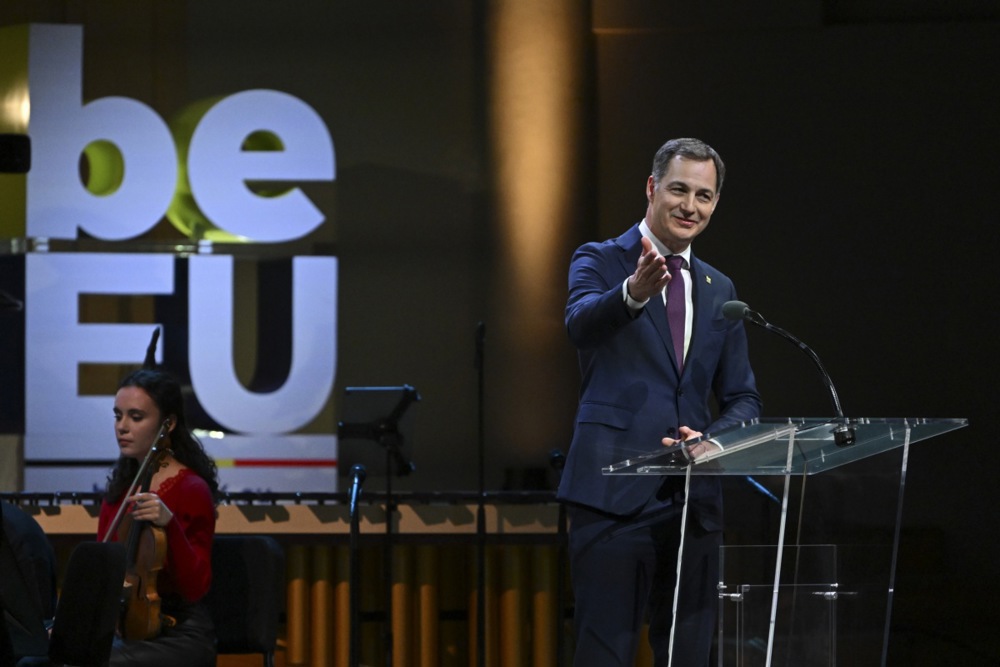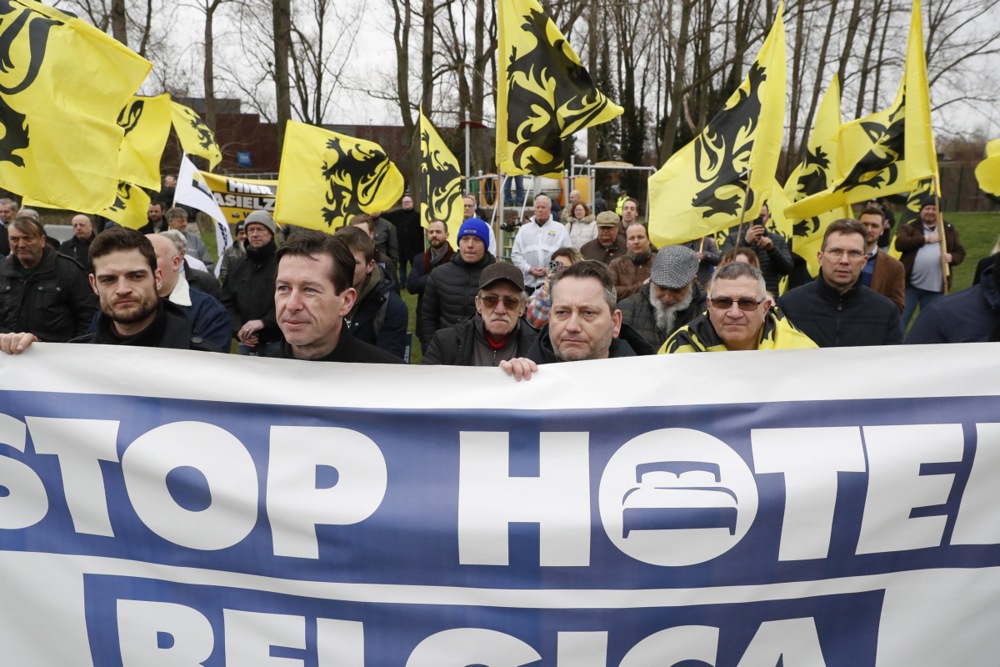A majority in Flanders in the country’s North would like to see the right-wing populist Vlaams Belang party leading the government, according to a newly released poll.
Over the weekend of March 23, De Grote Peiling or Major Poll, as published by leading media outlets in the country, indicated the mood in Belgium is shifting to the Right.
Asked if Vlaams Belang should be part of a future government, 47 per cent of respondents in Flanders said “yes” while 46 per cent thought the opposite.
When asked what should happen if Vlaams Belang became the biggest party, 55 per cent said it should be given the chance to form a government.
In Brussels and Wallonia in the South of the country, people are more opposed to co-operation with Vlaams Belang, which has been labelled as hard-right in local media. In both regions, 72 per cent of people do not want Vlaams Belang in any government set up.
On the other side of the linguistic divide, 45 per cent of French-speaking Belgians oppose working with the hard-left PVDA-PTP party. The Marxist party would get 14.9 per cent of the votes in Wallonia and 17.5 per cent in Brussels, according to the latest poll.
Vlaams Belang is set to become the biggest party in the country, with 27.4 per cent of survey participants indicating they would vote for it in Flanders.
The centre-right N-VA party would drop to second place, with 20.4 per cent of the vote.
The biggest losers in Flanders would, according to the poll, be the Liberals of current Prime Minister Alexander De Croo. They would muster just 8.3 per cent.
The Greens are down in the polls all over the country. In Flanders, according to the poll, they would lose 2 percentage points, in Wallonia 3 and in Brussels 7 percentage points, making them the fourth-largest party rather than first, as is the case in the Belgian capital.
In Wallonia, the heirs of the Christian Democratic Party, Les Engagés, is said to be surging, polling at 16.8 per cent of the vote.
Tom Van Grieken, Vlaams Belang President, came to the Brussels Signal to outline his plans for government.
VIDEO: Flemish Interest, which seeks the end of Belgium and the creation of a Flemish state, is set to become the country’s largest party after this year’s elections.
Leader @TomVanGrieken came to the Brussels Signal studio to talk to @JustinStares. https://t.co/GaWq6rGM6K
— Brussels Signal (@brusselssignal) February 8, 2024
Van Grieken said what he saw as the continual devolution of the Belgian State showed that the dissolution of Belgium was inevitable.
He said he expected the national elections on June 9, 2024 to be a turning point, with traditional parties “shrinking”.
He is proposing a declaration of Flemish “sovereignty”. That would mean the regional Flemish Parliament would become “Sovereign” in every decision it makes; above, therefore, Belgium’s Federal Parliament.
Flemings would, after such a declaration, start “negotiations” with Wallonia, he said.
“We would give them five years … on how to split up the country. That should end in a declaration of independence,” Van Grieken stated.
He said there would be no “chaos”, that no “strange things” would happen and that “everything would take place within an international framework”.
Bart De Wever, leader of N-VA, said he did not believe in Van Grieken’s strategy, calling it “infantile”.
Both parties, which are competing for right-wing and separatist votes, accuse each other of following the wrong path and are trying to convince the electorate that a vote for the other side is “useless”.
N-VA stated there was a need to collaborate with the Francophones in Brussels and Wallonia, while Vlaams Belang insisted parties in Wallonia are far too left-leaning to work with. Those parties would never agree to end fiscal transfers from Flanders to Wallonia, a real bone of contention, it is claimed.
Flemish nationalists claim they foot the bill, unfairly, for the much poorer Walloon region.





